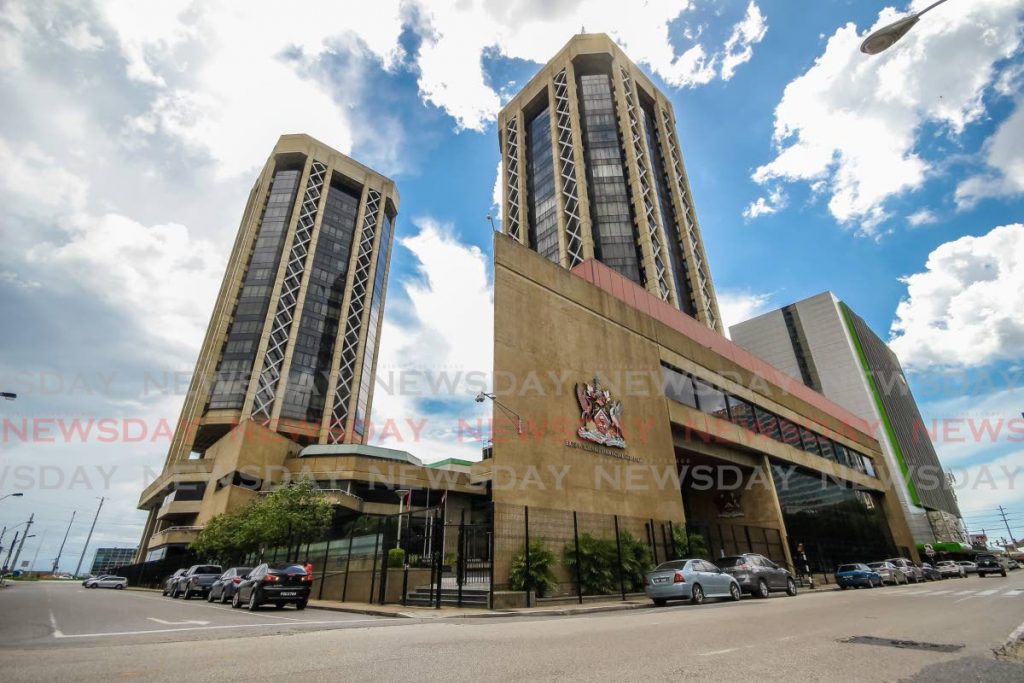Central Bank cuts repo rate, reserve requirement in response to covid19

The Central Bank has announced a 1.5 per cent reduction in the repo rate and has lowered the reserve requirement that banks are mandated to keep, all in efforts to offset the economic impact of coronavirus precautions. The new repo rate is 3.5 per cent and the new reserve requirement is 14 per cent. The bank also made the rare move of bringing forward its monetary policy committee meeting, which had previously been scheduled for March 27.
The repo rate is the overnight interest rate the Central Bank charges commercial banks to hold deposits, while the reserve requirement is the amount of money banks are required to keep on hand overnight. A low repo rate usually leads to lower commercial lending rates, while a lower reserve requirement allows for more liquidity in the money supply.
“The major preoccupation globally is the impact of the covid19 virus on lives and economies. This coronavirus outbreak has already upturned financial markets, created supply chain disruptions, driven energy prices to very low levels and led to the increasing self-isolation of several countries.”
The bank added, “A compounding factor is the tremendous uncertainty regarding the path of future infections, the timing of the turning point, and the extent of the ripple effects.”
In response, central banks around the world have already taken action, lowering rates, expanding quantitative easing and adding new financing programmes in an effort to stimulate economic activity at a time when many businesses may be vulnerable.
The dramatic drop in energy prices in particular, from the double shock of the slowdown in industrial activity and air travel and an oil price war between Russia and Saudi Arabia, will have an impact on TT as an energy exporter.
The impacts on the fiscal and external balances will likely spill over to the growth outlook depending on the duration of the events. Inflation, however, remains low (0.4 per cent year-on-year in January), and private sector credit grew 4.6 per cent. Excess liquidity in the banking system as of mid-March was $4.8 billion, and falling US interest rates, which had been higher At the same time, inflation remains quite low, at 0.4 per cent (year-on-year) in January 2020. While overall private sector credit from the financial system grew in January, business lending slipped. Falling interest rates in the US market resulted in an improvement of the TT-US differential (difference in interest rates between two currencies) turning positive in March. The Central Bank had previously raised interest rates to five per cent in June 2018 to combat the differential. On Sunday, the US Federal Reserve announced it would slash interests to zero.
The bank said such actions would amplify system liquidity in the short run – approximately $2.6 billion in the case of the lower reserve requirement – and allow for a reduction in interest rate spreads by lowering commercial banks’ cost of funds. “The MPC also considered that the unprecedented nature and magnitude of the pandemic, exacerbated by the energy price drop, highlighted the underlying need for coordinated monetary, fiscal and structural policies. The Central Bank will continue to carefully monitor and analyse international and domestic developments.” The next monetary policy announcement is scheduled for June 26, 2020.


Comments
"Central Bank cuts repo rate, reserve requirement in response to covid19"